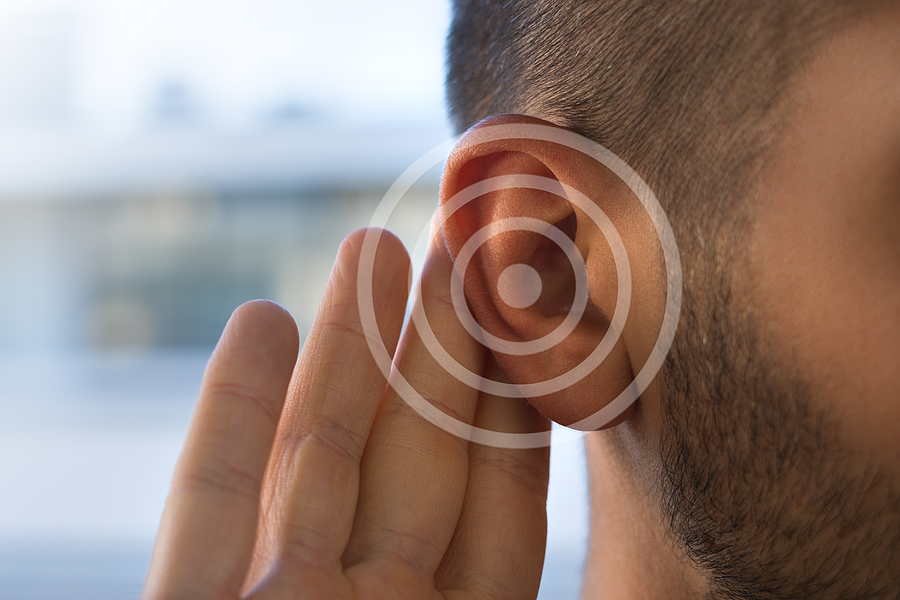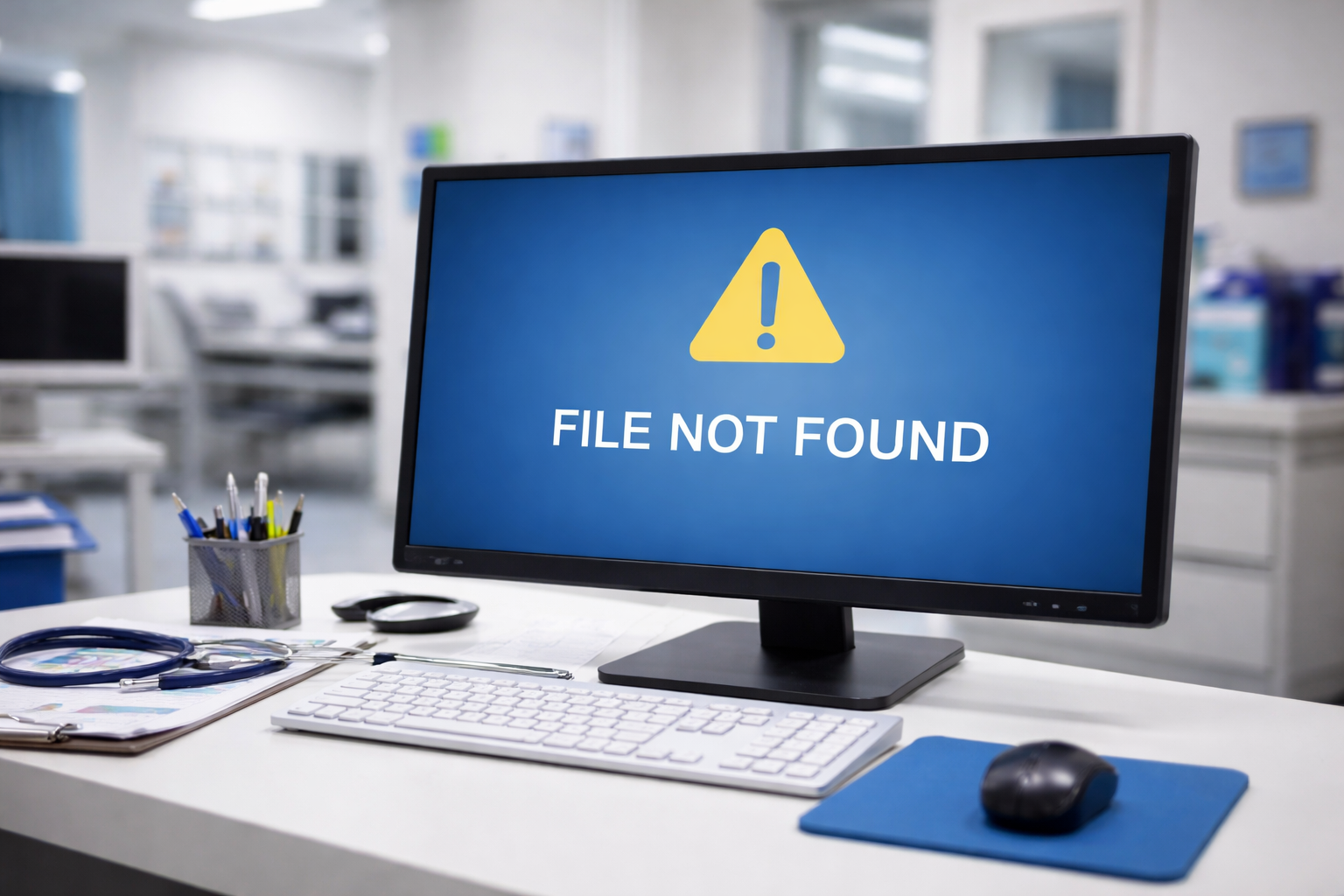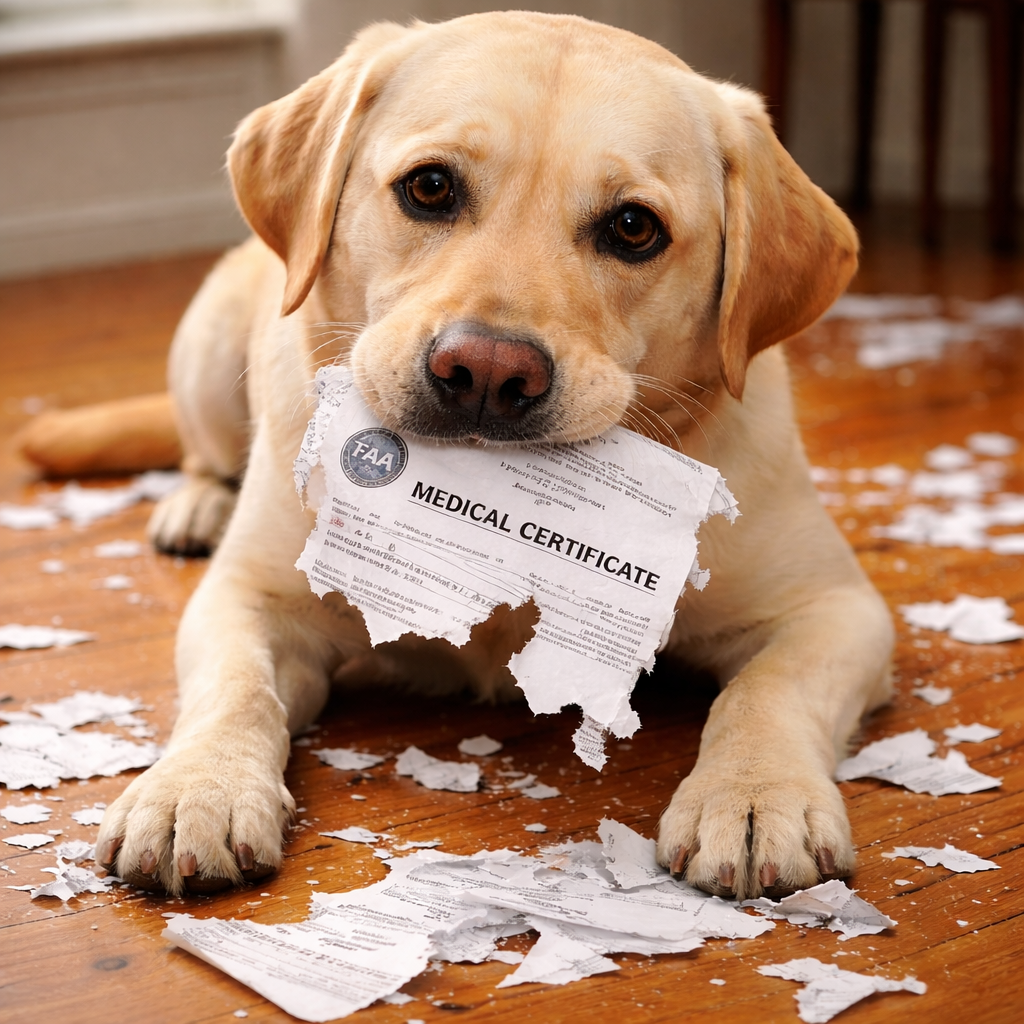In our initial article on disqualifying conditions we laid out the entire list of federally mandated disqualifying medical conditions. There are ways that the FAA can get to yes for some conditions, but not all of them. Today we will be discussing Bipolar Disorder.
Bipolar defined
The American Psychiatric Association maintains the Diagnostic and Statistical Manual of Mental Disorders, currently on its 5th Edition, often referred to as the DSM-V. In the DSM-V are the diagnostic criteria for mental health disorders. Per DSM-V Bipolar Disorder is characterized by mood episodes that include mania, hypomania, and major depression. The name “bipolar” represents the opposite ends of the mood spectrum where mania is on one side and major depression is on the other side.
Mania and depression
Mania itself is characterized by excessively high levels of energy and the proverbial “delusions of grandeur” that Han Solo was talking about in Return of the Jedi. When last he saw Luke Skywalker, he was barely more than a moisture farmer kid. By the time Han gets out of the carbonite, Luke claims to be a Jedi Knight. Meanwhile, depression is characterized by low energy and thoughts of worthlessness.
Disqualifying by law
Bipolar Disorder is one of the federally mandated disqualifying medical conditions by 14 CFR 67. The primary reason is because of the significant risk of suicide in people with bipolar disorder compared to the general population.
A deadly disease
The rate of suicide attempts for the general population over the age of 18 in the United States was 0.5% [1] in 2020 and the rate of completed suicide for the same population was just below 12 per 100,000 people, or 0.012%[2]. Meanwhile, the rate of suicide attempts for people diagnosed with bipolar disorder is estimated between 25% and 60% with 4% to 19% completing suicide [3].
The suicide attempt rate alone is at least 50 times higher but may be as much as 120 times higher. At a minimum, the completed suicide rate is more than 300 times higher for those with bipolar disorder compared to the general population.
It may be closer to 1600 times higher. As you can imagine, this significantly increased risk of suicide is very concerning and one that simply can’t be ignored by the FAA.
Even the medications typically used to treat bipolar disorder are dangerous for flight. Meanwhile, if the medications are taken regularly and the individual is fairly stable, then what happens if they forget them on a trip or lose them accidentally?
Can you get an FAA medical certificate for bipolar?
Bipolar disorder does not heal and goes away. It is a lifelong condition. If someone diagnosed with it wants to fly then really the only way is to prove that the diagnosis was false. That would require an extensive review of records and in-depth testing and evaluations by highly qualified doctors to refute a diagnosis as dangerous to flight as this one is.
If that is not possible then FAA medical certification will not happen.
References
[1] “Suicide,” National Institute of Mental Health (NIMH). https://www.nimh.nih.gov/health/statistics/suicide (accessed Dec. 09, 2022).
[2] “Products – Data Briefs – Number 431 – January 2022,” Jun. 13, 2022. https://www.cdc.gov/nchs/products/databriefs/db433.htm (accessed Dec. 09, 2022).
[3] D. M. Novick, H. A. Swartz, and E. Frank, “Suicide attempts in bipolar I and bipolar II disorder: a review and meta-analysis of the evidence,” Bipolar Disord., vol. 12, no. 1, pp. 1–9, Feb. 2010, doi: 10.1111/j.1399-5618.2009.00786.x.
Follow us on Facebook.com/wingmanmed





